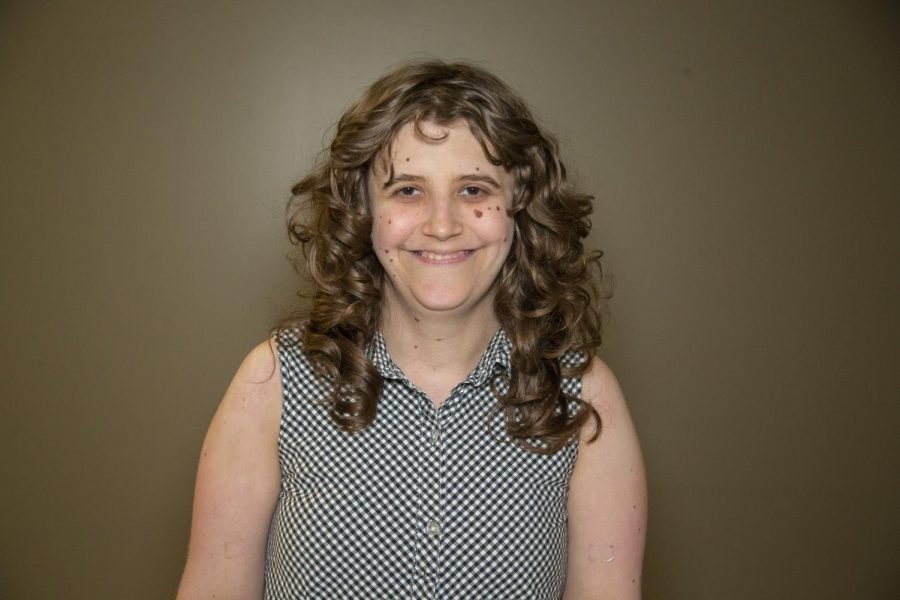Opinion: Curing disabilities is too complicated currently
DNA manipulation may eventually lead to elimination of many chronic conditions, but that may not always be what’s best.
November 4, 2019
Throughout history, scientists have made many breakthroughs. One currently controversial one is curing genetic diseases. Are the potential risks worth the benefits? Is it a question of accepting people for who they are or trying to give them a better quality of life? How is this even possible?
John Manak, a University of Iowa biologist studying genetics, talked about CRISPR, a method of manipulating DNA to correct genetic mutations.
Manak said this would have to be done in the early stages of development when there are very few cells. CRISPR, a process that uses enzymes to edit DNA, could accidentally change DNA in wrong places, causing other genetic mutations. However, Manak said the chances of that happening are slim, and the possibility of getting rid of a difficult-to-live-with condition is worth the risks. He said CRISPR is trying to increase quality of life for individuals, not change who they are. Manak also pointed out a benefit some diseases could have.
“Cultural diversity is one of the great strengths we have as a society, and I believe that extends to our genetic diversity,” Manak said. “In some cases, a mutation that carries a genetic disorder protects you from disease, so it begs the question: is the mutation deleterious or beneficial?”
I understand scientists want to increase quality of life by curing genetic diseases. However, not everyone with genetic diseases thinks the disease decreases quality of life to the extent that it needs curing. If CRISPR could be used on adults who have had time to think and make decisions on their own, it would be easier to support.
Mae Cooks, a UI student with a genetic condition, said if she had the option, she would take away some of the symptoms but not the genetic disease because it is a part of her.
“Just talking about chronic pain, it has made me able to appreciate or put things in perspective more just because I am in some state of [discomfort],” Cooks said. “If I’m complaining about doing homework, for example, that’s going to be over with, but my chronic pain is there all the time.”
Her view shows that there are people with genetic diseases who see them as part of their identity and would not want to be cured.
I agree with Cook’s stance on curing symptoms but not the disease. There are other things scientists and society can do to increase quality of life for people with genetic disorders.
Instead of focusing on curing disabilities, let’s stop bullying those who have them. Scientists should find ways to monitor their symptoms. This will decrease the number of problems those with disabilities face.
Of course, curing lethal genetic diseases can and should be a priority. It is reasonable to assume anyone would choose to live with altered DNA rather than die because of a genetic mutation. Let’s use CRISPR to extend quantity of life and not to draw conclusions about whether people with genetic disorders would consent to having their DNA changed.
A genetic disease only stops one from making the most out of life if they let it. Down syndrome did not stop Karen Gaffney from receiving a Ph.D. ASL did not stop Stephen Hawkings from becoming a famous physicist. Let’s focus on the value people with genetic diseases bring to the world. Let’s spread the message that it is possible to live successful and joyful lives with them.
Columns reflect the opinions of the authors and are not necessarily those of the Editorial Board, The Daily Iowan, or other organizations in which the author may be involved.





